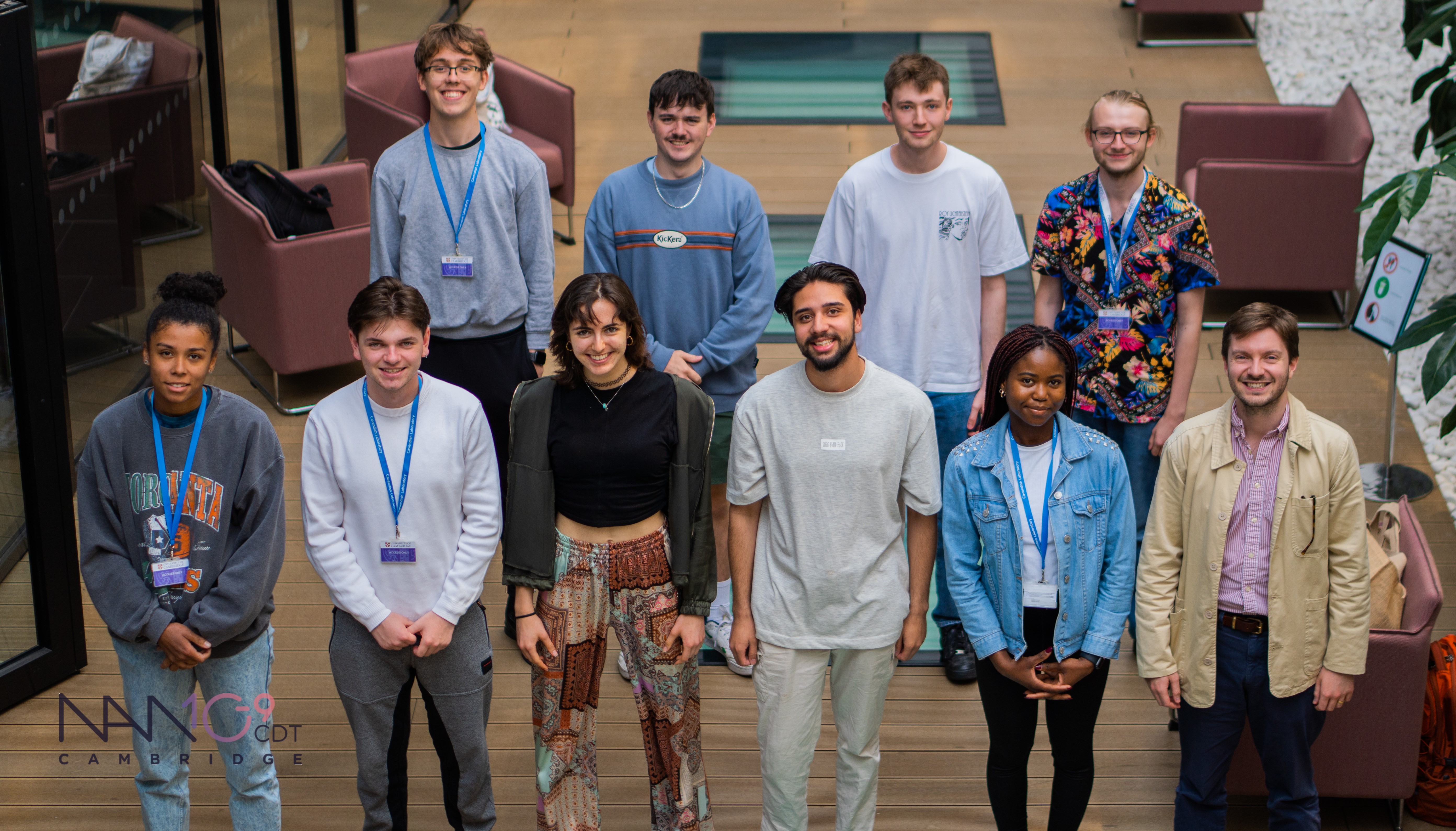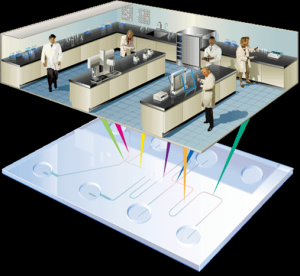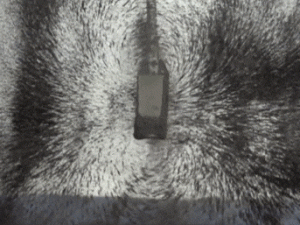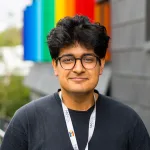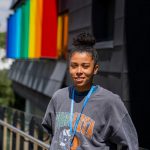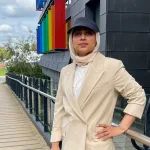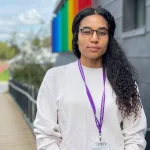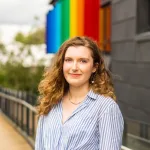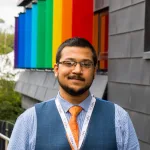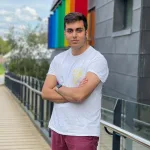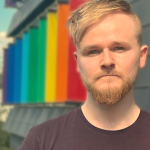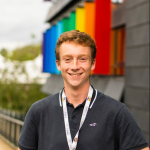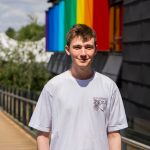Overview
The NanoFutures Scholars Undergraduate Research Programme provides research experience in nanoscience and nanotechnology to undergraduate students who have previously only had limited exposure to research. Applicants will be selected based on their academic achievement and potential in the context of their education to date and on the benefit which the programme might provide.
The residential programme will run over 8 weeks at the University of Cambridge. NanoFutures Scholars will be paid at the Cambridge Living Wage, will be reimbursed travel (via public transport) to and from Cambridge, and will be provided, free of charge, with single accommodation at Selwyn College, Cambridge for the duration of the programme including weekends.
The NanoDTC is hugely grateful to Selwyn and its donors for its generous and ongoing support for the NanoFutures Scholars programme.
Aim
The aim of the NanoDTC’s NanoFutures Scholars programme, which ran first in summer 2022, is to find and support those undergraduate students who have the potential to become the future of nanoscience and nanotechnology research—a future which we are striving to make more diverse and inclusive. The NanoFutures Scholars programme is competitive, with both academic achievement and potential considered during selection. We particularly welcome applicants who have not yet had the opportunity to demonstrate their full potential, because of particular social or personal circumstances.
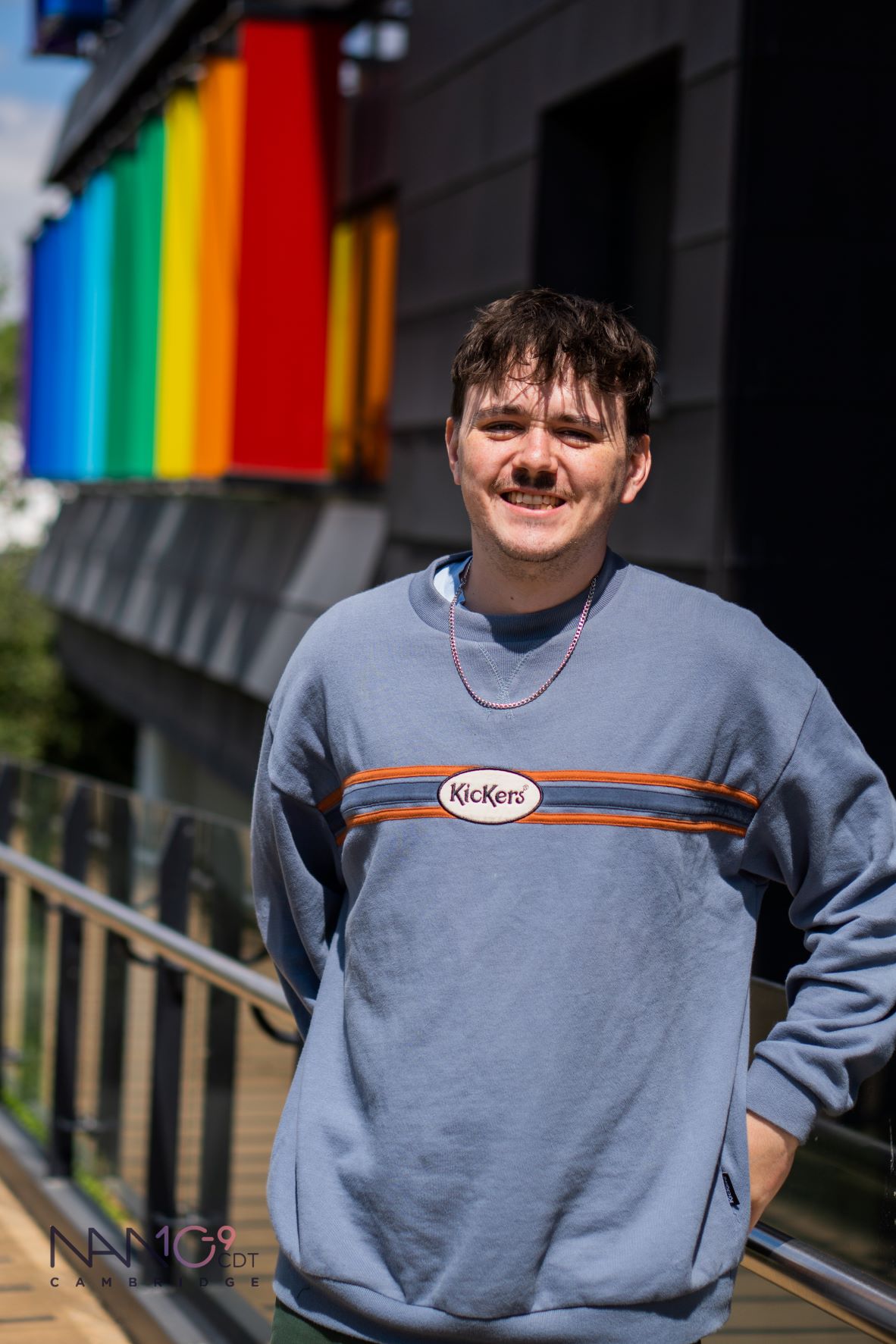
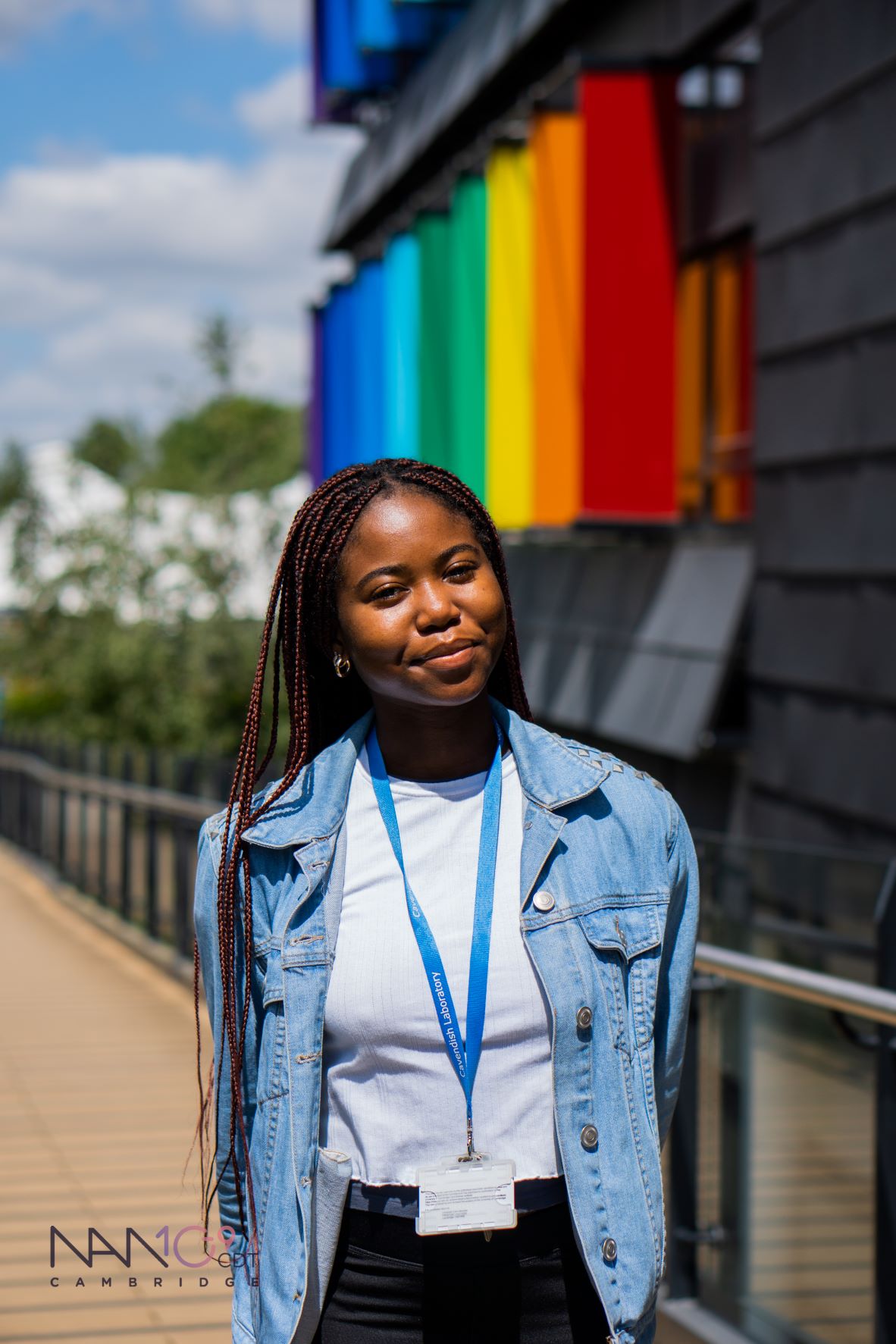
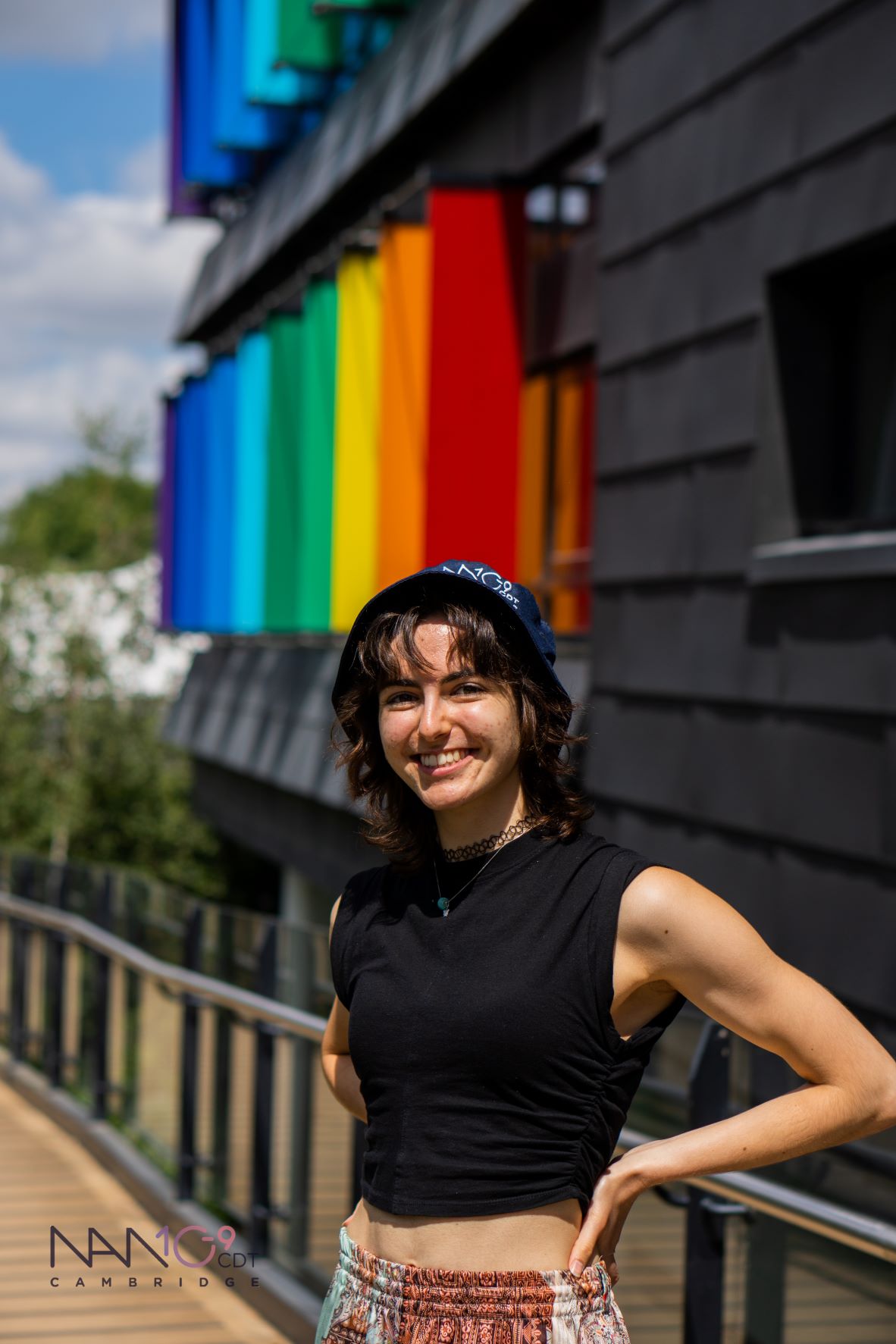
Click on the images below to explore some of the research currently being undertaken by NanoDTC PhD students:
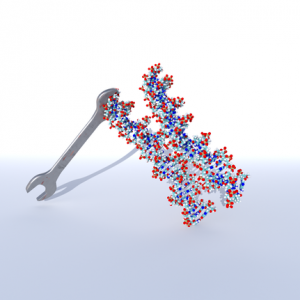
Mimicking living systems with DNA
The ancestors of modern life used nucleic acids to do nearly everything necessary for survival and procreation. Catalysis, information storage, and interaction with the surrounding
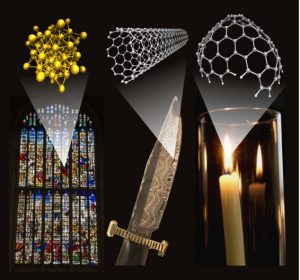
Nanotechnology right under our noses
Nanotechnology conjures up images of tiny machines able to deliver drugs to the body, produce clean energy or take over the world – depending on
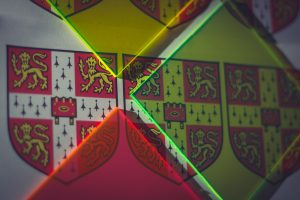
Singlet Fission Luminescent Solar Concentrators
Arrhenius, in 1896, was the first to use basic principles of physical chemistry to calculate estimates of the extent to which increases in atmospheric carbon
A step forward in efficient artificial photosynthesis
There is currently a lot of interest in the integration of photosynthetic enzymes into electrodes for solar electricity and fuel generation, to drive novel reactions
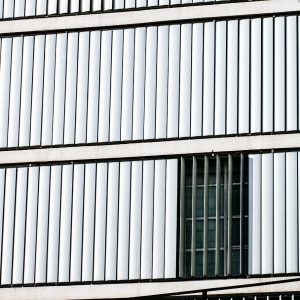
Smart surfaces for heating and cooling buildings using only sunlight
One of the biggest consumers of energy (up to 25% in the UK) is heating and cooling buildings. Instead, what if we could cover walls
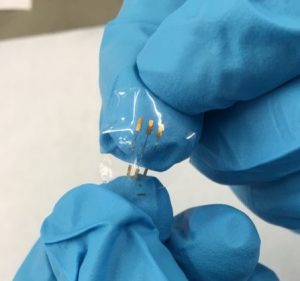
Materials chemistry meets stretchable electronics
Electronics has become smaller, smarter and faster. Today, we can pack a computing power matching the performance of a machine which would have weighed hundreds
Programme Details
The NanoFutures Scholars programme includes three main elements:
- An internship within a research group in one of the departments related to nanoscience and nanotechnology at the University of Cambridge. Scholars will be supported within the research group through a daily supervisor (e.g. a PhD student or postdoc) and a faculty member (e.g. a professor). Where possible, NanoFutures Scholars will work on pairs of related projects, in the same department, so that they can also discuss their work with a peer;
- Information and training on how to apply for postgraduate study, including interview skills, writing personal statements, preparing strong applications, and securing effective references;
- Participation in a network of peers—other NanoFutures Scholars as well as current NanoDTC students and associates. The peer network will provide a weekly programme of shared experiences, including social and extracurricular activities.
All NanoFutures Scholars will additionally be supported by a nominated mentor as well as an overall programme tutor.
Eligibility
The programme is open to students currently studying for an undergraduate physical sciences or engineering degree, interpreted broadly, with at least one year left on their degree. At present, only permanent residents of the UK who are studying for an undergraduate degree at a UK higher education institution are eligible to apply. Further details of the eligibility criteria are outlined in detail in the applicant guidelines (here), which we strongly recommend you read fully before applying.
In addition, in order to widen participation and to tackle the underrepresentation of—and overcome the disadvantage experienced by—certain groups in the physical sciences and engineering at Cambridge, priority will be given to those applicants who have not already studied at either Oxford or Cambridge and who satisfy one or more of the following criteria:
- have received free school meals;
- entered university at undergraduate level from a Care background or a Foyer resident;
- are estranged from their family;
- have been a single parent, or lone guardian of a young person who is aged under 18 and/or still in full-time education during their undergraduate degree course;
- have caring responsibilities for an ill or disabled family member who could not manage without this help;
- were the first generation of their family to go to university.
We also particularly encourage applications from those who:
- at the time of applying for their undergraduate course, were living in one of the most deprived areas of the country;
- at the time of applying for their undergraduate course, were living in an area where it is unusual for young people to go to university;
- identify as belonging to an underrepresented ethnic group and/or gender in the physical sciences and engineering at Cambridge;
- are a mature student;
- have received full state support for maintenance for their course of undergraduate study;
- have refugee status.
Further information on the above criteria, and whether or not you may satisfy them, can be found in the applicant guidelines (here).
Contact
The NanoFutures Scholars programme is not currently running, however, should you have any questions please email: nanodtc.admissions@nanodtc.cam.ac.uk with “NanoFutures Scholars” in the subject line.

